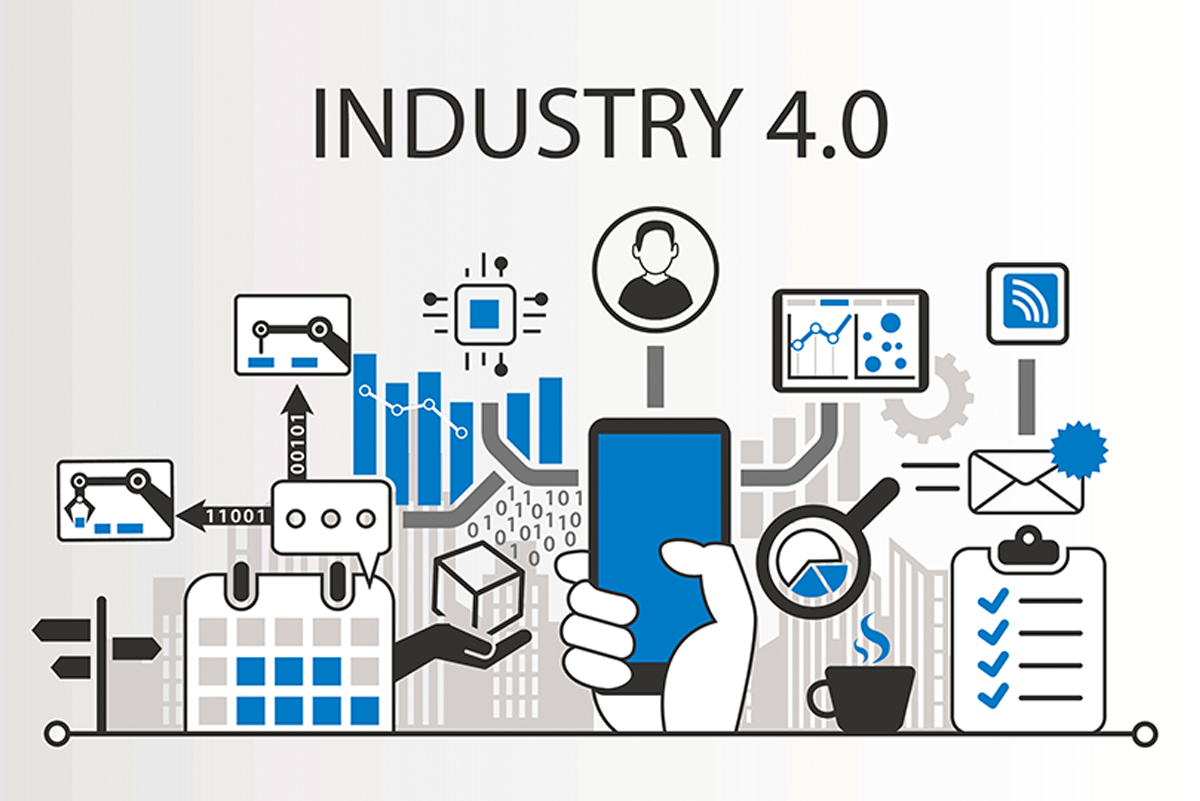
Industry 4.0 is creating significant transformations across various fields, especially in engineering. By 2025, advanced technologies will not only change the way we produce but also reshape the entire workflow and management processes. Let's explore the prominent trends of Industry 4.0 in engineering by 2025.
Automation is becoming an indispensable part of industrial production. According to a survey by McKinsey, 70% of companies in the engineering sector will adopt automation technology by 2025. Robots not only help minimize errors but also accelerate production, thereby improving efficiency and reducing costs. Engineers will need to adapt to working alongside robots and understand programming as well as their maintenance.
The Internet of Things (IoT) allows devices to connect and exchange data with each other. According to Statista, the number of IoT devices worldwide will reach 30.9 billion by 2025. In engineering, IoT will help engineers monitor production processes in real-time, thereby optimizing performance and minimizing waste. Engineers will also need to equip themselves with data analysis skills to make the most of the information collected from these devices.
Smart manufacturing will become the main trend in the engineering sector by 2025. Technologies such as artificial intelligence (AI) and big data analytics will help optimize production processes, from product design to distribution. According to Deloitte, 75% of manufacturing companies will adopt smart manufacturing technology in the next five years, creating more automated and intelligent factories.
AR and VR technologies are gradually becoming popular in the engineering sector, particularly in design and training. Engineers can use AR to visualize designs and inspect products before production, helping to reduce errors. According to a study by PwC, the use of AR and VR in training can reduce training time by up to 40%.
With increasing awareness of environmental protection, the engineering sector will have to transform to meet sustainability standards. Companies will prioritize using recycled materials and developing less polluting production processes. According to the World Economic Forum, 60% of industrial companies will adopt sustainable solutions by 2025, thereby creating a foundation for a circular economy.
Industry 4.0 is revolutionizing the engineering sector, bringing many new opportunities and challenges. To succeed in this context, engineers need to continually learn and enhance their skills, from familiarizing themselves with automation technologies to data analysis capabilities. Prepare for the future and embrace the new trends in engineering by 2025!
McKinsey & Company. (2021). The Future of Work After COVID-19.
Statista. (2021). Number of IoT devices worldwide from 2015 to 2025.
Deloitte. (2020). Industry 4.0: The Future of Productivity and Growth in Manufacturing Industries.
PwC. (2020). The Effect of Virtual Reality on Training in the Workplace.
World Economic Forum. (2021). The Future of Jobs Report 2020.